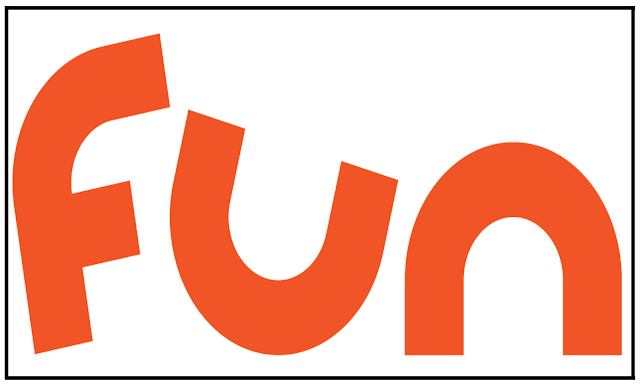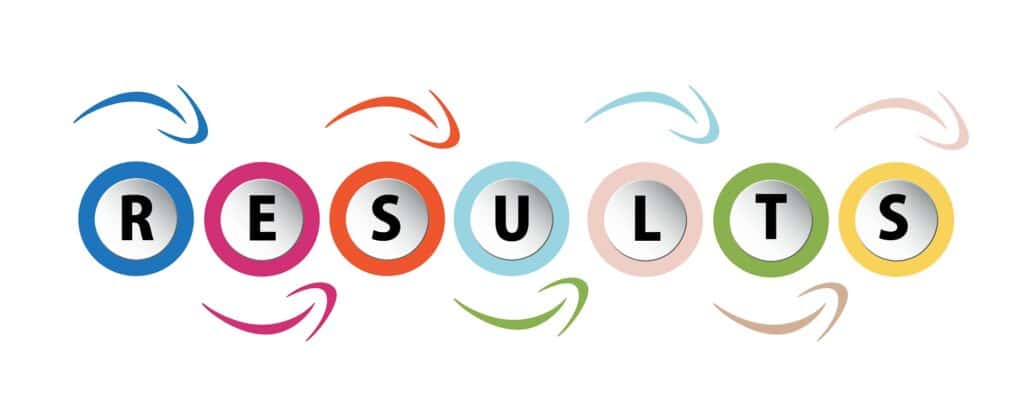Grades matter and so do the habits that produce them. The best schools build both, on purpose.
I had some correspondence from someone who read my recent post on the school exam outcomes and asked how I could possibly be a Head if I did not care how students did academically or what they learnt. I was rather staggered, because I see academic success as absolutely central to education, and was surprised at the reaction – so a good lesson for me in terms of writing more clearly! I want to set the record straight, and address the very notion of ‘academic success’. Of course education is not only about academic success. It’s also important that students graduate with secure senses of themselves, and strong moral compasses, and these things are often found outside the classroom – but still, the right kind of academic success is unequivocally necessary.

So what’s the wrong sort of academic success? I came across a striking example of a different paradigm many years ago, when as a Head of Department in another school I was engaging colleagues in a discussion on how to be sure that we were preparing students for university as well as for excelling in exams. The conversation was galvanized by some feedback from recent graduates; they had told us that the rather rigid and structured pedagogies that were employed in that school at the time did not really help them succeed in the unstructured university environment where independent and self-motivated study was expected. One colleague argued quite passionately that this was “not our problem as teachers; our job was to get the students the grades to get into the best universities and it ends there”. Academic problems after that were, he claimed, for the University to deal with (or presumably, the students whose lives we were talking about).
I remain as dismayed– as a professional and as a parent – by that view as I was then. It seems obvious to me that we cannot neglect the non-exam, intangible qualities of curiosity, love of truth, independence, determination and so on – the skills that we know from our own experience, and so many sources, that really count after the school years. We should not be saying that an education that equips students with decent grades but without these skills is an adequate one. But – and here is where I think some confusion might lie – that does not mean that these non-exam skills are all that counts. Despite what I have said elsewhere about the need to take the long view of success, and of the importance of things other than grades, there is a lot to be said for knowing a great deal of stuff, and for excelling in exams, and I want to say a little bit about both of these, becasue they are both needed.
Knowing a lot of ‘stuff’. There is a lot of nonsense spoken about the changing need to know brought on by IT – ‘you can Google it’ or ‘with AI now there is no longer a premium on knowledge’ being reasons for focusing more on skills than traditional knowledge. But there are massive differences between things on your phone and things in your brain. In particular, you can actually use the latter much better than the former – that is; unfashionable as it may sound, knowing stuff is actually central to developing the very skills and qualities that the OECD and other national and international bodies are always saying are needed for the modern economy. I’ve written about this in another blog, as the ‘you don’t need to know much’ myth seems to be so prevalent. For now, let’s just ask ourselves if we want our doctors to know a lot about medicine, or our teachers to know a lot about the subjects they teach, or our engineers to know a lot about materials. It’s clearly not all we want, but I take the answer here to be a resounding ‘yes’.
Passing Exams. I have heard it said that exams are anachronistic and meaningless in the
modern world; that they only give a picture of what someone can do in a compressed timeframe, and so should be replaced by other modes of assessment. There is some truth to this – complementing exams with coursework is generally a good idea – but as with any extreme statement, there’s always an element of well it depends….. If a high stakes exam were simply sprung on students by surprise, and simply consisted of factual recall, then it would indeed be lamentable. But instead consider exams that are scheduled well in advance, with probing original questions that test understanding and insight, in schools that support increasingly independent student preparation by practicing over an extended period.

Success in exams like this will come for students who genuinely understand, and who have the organization, determination and discipline to prepare well over months. These are, I suggest, some of the same skills that are required at university and in the workplace – so these high quality, carefully planned exams can indeed tell us a lot. British Airways once tracked on-time departure as a proxy because many systems must work for a plane to leave on time. It’s not that leaving precisely on time itself was really that important (what with headwinds and air traffic control it does not guarantee landing on time) – but for planes to leave on time, it is necessary for so many systems (check-in, luggage, fuelling, engineering, scheduling and safety systems) to work seamlessly that this single statistic made sense as a single, easy to measure proxy. Now neither an airline nor a school would be naive enough to think that one metric captures anything (an airplane that takes off on time but without half the passengers, or having forgotten all the food, or with no luggage, would hardly count as success), but it does show that intelligently administered exams can serve as limited but genuine measures of a great deal more than just what happens in exam halls. Put it another way, would we not have significant questions about a school that appeared to be doing good things but could not support its students to do well in exams?
_____________________________________________________
The “it’s all about exams” ↔ “it’s all about skills and qualities” debate is a false choice. Academic success today means knowing a great deal and cultivating the dispositions that make knowledge usable.
I believe in a values-based holistic education that includes academics as a critical element, and also stretches much further. Is there tension there? I would argue there is not; on the contrary, there is a huge convergence, because scholarship is not something dull that only happens in dusty libraries, in silence. It’s what happens when active minds are sufficiently at peace with themselves that they can engage with the world, with ideas, and with other people – when the excitement of making a connection gives a new perspective, and most likely, raises a whole series of questions, thoughts and possibilities. Genuine scholarship often leads to wonder, and even awe; and well-constructed exams, used with judgement and alongside other evidence, can validly signal parts of that formation. When schools get scholarship right—calm minds, sharp questions, honest effort—exam success follows as a consequence, not the point. That is the education students deserve, and the one society needs.


